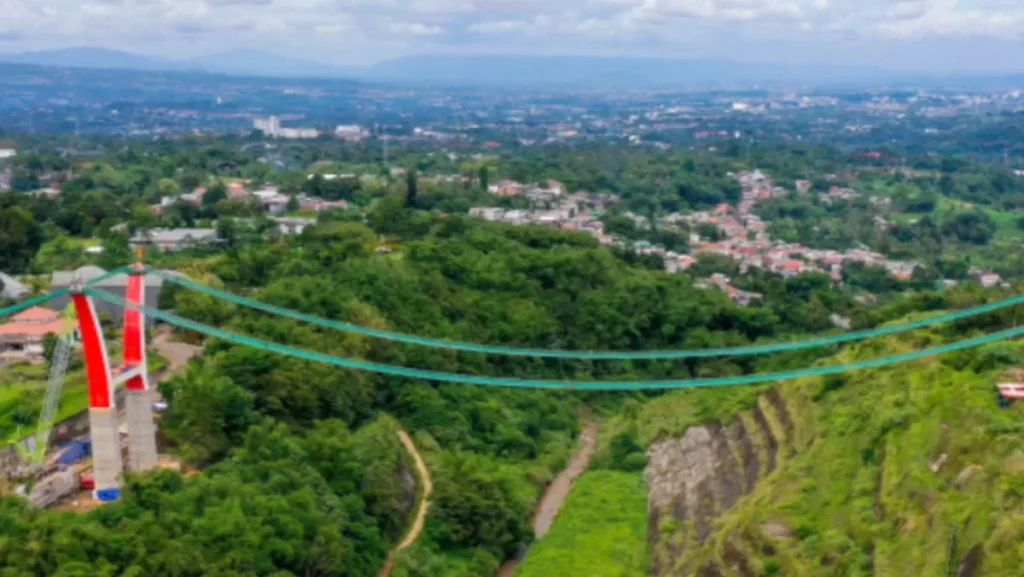Australia has taken a groundbreaking step in regulating social media access for minors, passing a bill that bans children under the age of 16 from using social media platforms. This move, which makes Australia the first country in the world to implement such a restriction, has sparked widespread discussion both within the country and internationally. The law, which is expected to come into effect within 12 months, is part of the Australian government’s broader efforts to protect children from the potentially harmful effects of social media use.
Prime Minister Anthony Albanese has been a vocal proponent of the bill, arguing that it is essential for safeguarding the well-being of young Australians. He has highlighted the significant risks posed by social media, including online bullying, exposure to inappropriate content, and the psychological impact of constant digital connectivity. Albanese’s administration has framed the legislation as an essential protective measure, ensuring that children are able to grow up without being subjected to the dangers and pressures of social media. Speaking to the press after the bill passed the Senate, Albanese remarked, “We want our kids to have a childhood, and parents to know we have their backs.”
The law, which passed the Senate by a margin of 34 votes to 19, has been widely praised by parent advocacy groups, who have long campaigned for stronger protections for children in the digital space. The bill’s passage was seen as a major victory for those advocating for greater control over the role of social media in the lives of young people. However, the legislation has also raised significant questions about its practical implementation and broader societal implications.
One of the most contentious aspects of the new law is the absence of clear definitions regarding which platforms will be banned. The government has delegated this responsibility to the communications minister, Michelle Rowland, who will work with the eSafety Commissioner to determine which social media services will be affected. While it is expected that platforms like Facebook, Instagram, TikTok, and Snapchat will be included in the ban, other services, such as YouTube and gaming platforms, will likely be exempt. This creates a complicated regulatory framework that some experts argue may be difficult to enforce effectively.
The enforcement of the new law will rely on age-verification systems, which the social media companies will be required to implement themselves. These systems could include biometric data, government-issued ID checks, or other forms of identity verification. However, critics argue that these measures may not be foolproof and could be easily bypassed by tech-savvy minors using tools like VPNs to disguise their location. As a result, concerns have emerged that the law could fail to achieve its intended goals of limiting children’s access to social media.
The bill’s critics also warn that the law could have unintended consequences, pushing children to less-regulated corners of the internet where they may encounter even more dangerous content. Digital rights organizations have expressed concerns about the privacy implications of the age-verification systems, particularly if these technologies involve the collection of sensitive personal data. Additionally, some have argued that the law could disproportionately affect marginalized communities who may not have access to the technology required to comply with age-verification measures.
Despite these criticisms, polling indicates that the majority of Australian parents support the legislation, with many viewing it as an important step in protecting their children from the pressures of social media. Amy Friedlander, a prominent campaigner for the law, said in an interview, “For too long, parents have had this impossible choice between giving in and getting their child an addictive device or seeing their child isolated and feeling left out.”
However, many child development experts caution that the law may be too simplistic in its approach. Rather than addressing the root causes of social media addiction or its mental health consequences, critics argue that the legislation simply restricts access without addressing the deeper issues at play. This could drive children to seek out unregulated or anonymous platforms, where they may be exposed to even greater risks. Furthermore, youth advocates have expressed frustration that the government has not sufficiently included young people in the conversation about how to best address the dangers of social media.
Prime Minister Albanese has defended the bill, acknowledging that no law is perfect but asserting that it is the right move for the protection of young people. Drawing a parallel to laws restricting alcohol consumption for minors, Albanese has argued that while enforcement may not be flawless, the law is still necessary to protect children from harm. “We know that it’s the right thing to do,” he stated. As Australia becomes the first country to impose such a strict social media ban, the international community is closely watching the potential ripple effects of this legislation, with other countries considering similar measures.






